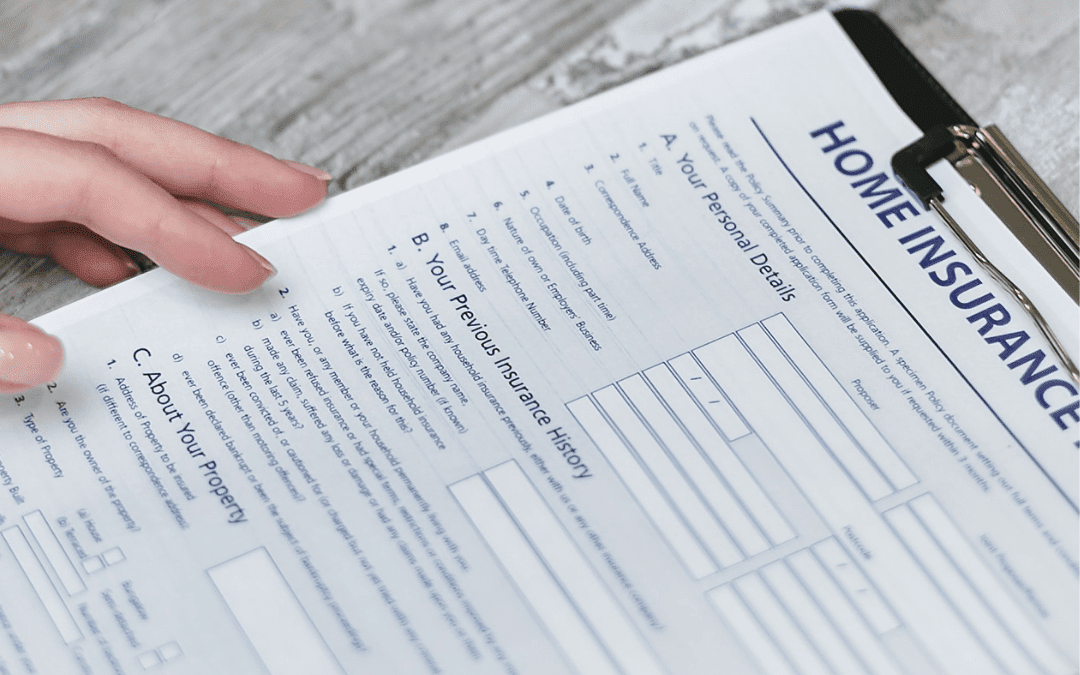6 Surprising Factors That Affect Your Home Insurance Rates
When it comes to insuring your most valuable asset—your home—it’s no secret that various factors come into play when determining your home insurance rates. While common considerations like the size of your home and its construction type are well-known, there are lesser-known factors that can significantly impact your home insurance costs. In this article, we’ll delve into six surprising factors that affect your home insurance rates, shedding light on how your home’s location, age and even your credit score can influence the premiums you pay.
Geographic Location
Your home’s location is a key factor in determining insurance rates. Homes situated in areas prone to natural disasters, such as hurricanes, earthquakes, or wildfires, typically have higher insurance premiums. Insurance providers factor in the potential risks associated with the region, as well as the proximity to emergency services and the quality of local infrastructure.
Home Age and Condition
The age and condition of your home play a vital role in your insurance rates. Older homes might have outdated electrical systems, plumbing, or roofing, which can increase the risk of accidents or damage. Regular maintenance and modern upgrades can mitigate these risks and potentially lead to lower insurance costs.
Credit Score
Surprisingly, your credit score can impact your home insurance rates. Insurance companies often use credit-based insurance scores to assess risk. Studies have shown a correlation between lower credit scores and a higher likelihood of insurance claims. Maintaining a good credit score by paying bills on time and managing credit responsibly can help you secure more favorable insurance premiums.
Local Crime Rates
The safety of your neighborhood matters to insurers. Areas with higher crime rates are associated with increased risks of theft, vandalism, and property damage. Homes in safer neighborhoods generally have lower insurance premiums. Installing security systems, motion-sensitive lights, and sturdy locks can not only enhance your home’s security but also potentially lower your insurance costs.
Proximity to Water Sources
Living near water—whether it’s a lake, river, or coastline—can impact your insurance rates. Properties in flood-prone areas might require additional flood insurance coverage, as standard home insurance policies typically do not cover flood damage. Similarly, coastal regions might have higher premiums due to increased risks of wind and water damage from storms.
Previous Insurance Claims
Your claims history matters when determining insurance rates. If your home has a history of frequent insurance claims, insurers might consider it a higher-risk property to cover. While you can’t change the past, being proactive about preventing future claims and addressing minor issues promptly can help maintain a clean claims history.
While the more commonly known factors like home size and construction materials do influence your insurance rates, these six surprising factors can also significantly impact the premiums you pay for your home insurance. From your home’s location and age to your credit score and local crime rates, each factor provides insurers with insights into the potential risks associated with your property. By understanding and addressing these factors, you can take steps to potentially lower your home insurance costs while ensuring comprehensive coverage for your cherished abode.
In this article, we’ve explored six lesser-known factors that can affect your home insurance rates:
- Geographic Location: Areas prone to natural disasters lead to higher premiums.
- Home Age and Condition: Older homes or poor maintenance can increase risks and costs.
- Credit Score: A good credit score can lead to more favorable insurance premiums.
- Local Crime Rates: Safer neighborhoods often result in lower insurance costs.
- Proximity to Water Sources: Flood-prone or coastal areas might have higher premiums.
- Previous Insurance Claims: A history of claims can categorize your property as higher risk.
There are many factors that can affect your home insurance rates – some of which may surprise you. By understanding these lesser-known factors, you can take steps to prepare and potentially save money on your premiums. Don’t hesitate to ask your agent about discounts or ways to lower your rates. Protecting your home is essential, and finding the right coverage at the right price is a crucial part of that. Understanding and managing these factors can help you make informed decisions about your home insurance coverage and potentially reduce your insurance expenses. Contact us today to know more!

